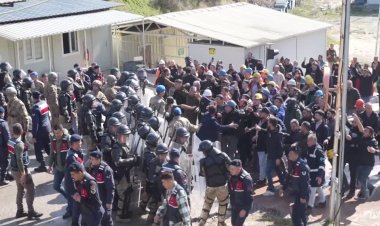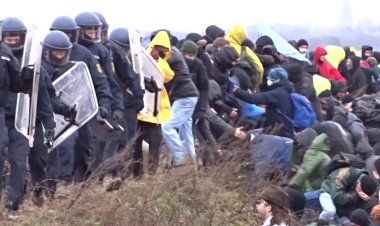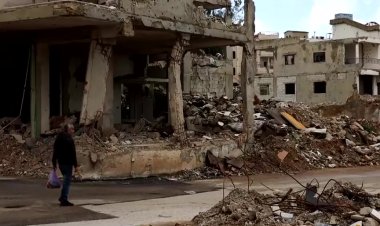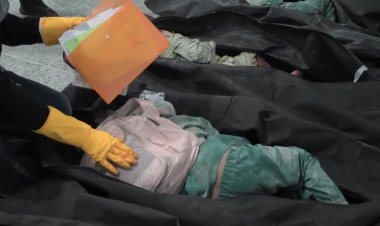Intense Wildfires Ravage Brazil's Pantanal Wetlands
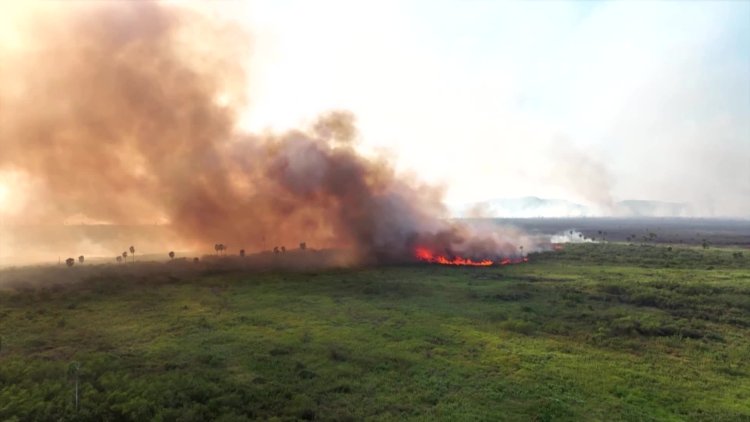
A large fire in Brazil's Pantanal, the world's largest tropical wetland, has intensified concerns among local residents due to a sharp increase in wildfires this year.
Donizete Oliveira, a local resident, sees the flames light up the sky at night from the window of his house, which is five kilometers away from the blaze.
Oliveira said the situation in the area is complicated, and the fires have not stopped in the last few days.
"It was supposed to be flooded, and this year it hasn't, and it's been even worse," he said.
A shortfall of rain this year has caused the wildfire season to start earlier and become more intense than in previous years, threatening to exceed the worst blazes on record that in 2020 decimated a third of the wetlands and killed 17 million vertebrates.
The Pantanal wetlands in central-western Brazil are home to a wide variety of animals, including jaguars, anacondas and giant anteaters.
This year, the fires have already incinerated monkeys, caimans and snakes.
Satellite data from Brazil's National Institute for Space Research (INPE) showed that the Pantanal fires have surged almost tenfold so far this year. The figures have raised alarms as the region heads into the riskiest season for wildfires, which usually starts in July and peaks in August and September.
The inhabitants of the Pantanal are mostly farmers, hunters, and fishermen, and they are increasingly turning to ecotourism to tap the rich biodiversity of the wetlands.
Climate change has threatened that livelihood by increasing the incidence of fires that ravage the region, killing the flora and fauna.
Weak rains have disrupted the seasonal flooding of the Pantanal wetlands, which are about 10 times the size of the Florida everglades, leaving them more vulnerable to fire.




